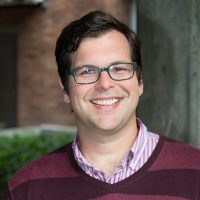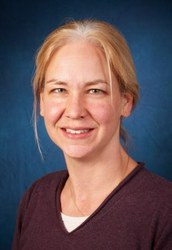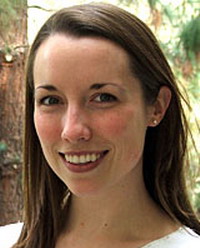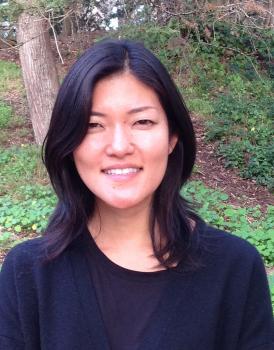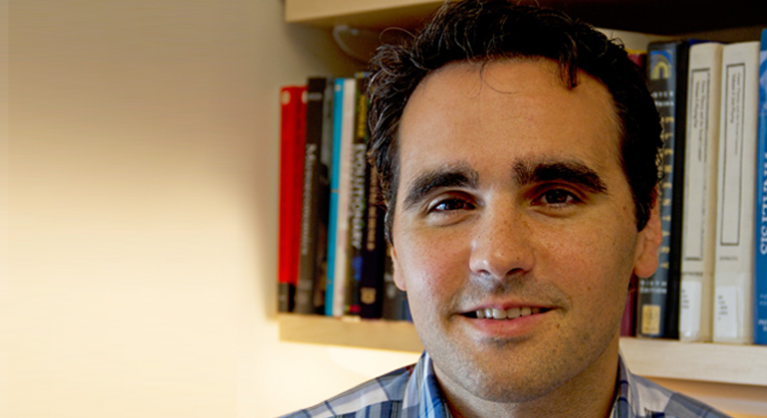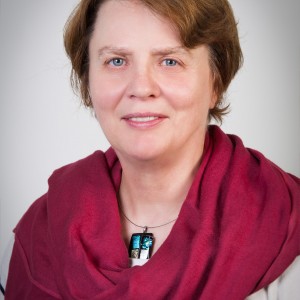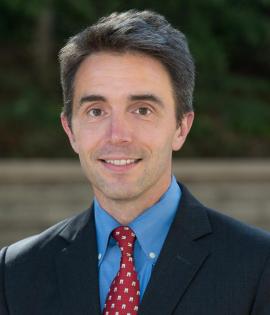Tyler McCormick, University of Washington
CCPR Seminar Room 4240 Public Affairs Building, Los Angeles, CA, United States"Probabilistic Cause-of-Death Assignment using Verbal Autopsies"
ABSTRACT
In areas without complete-coverage civil registration and vital statistics systems there is uncertainty about even the most basic demographic indicators. In such areas the majority of deaths occur outside hospitals and are not recorded. Worldwide, fewer than one-third of deaths are assigned a cause, with the least information available from the most impoverished nations. In populations like this, verbal autopsy (VA) is a commonly used tool to assess cause of death and estimate cause-specific mortality rates and the distribution of deaths by cause. VA uses an interview with caregivers of the decedent to elicit data describing the signs and symptoms leading up to the death. This talk describes a new statistical method to classify cause of death using information acquired through VA. Unlike current approaches, our method shares uncertainty between cause of death assignments for specific individuals and the distribution of deaths by cause across the population. We demonstrate the effectiveness of our method using side-by-side comparisons with both observed and simulated data.

